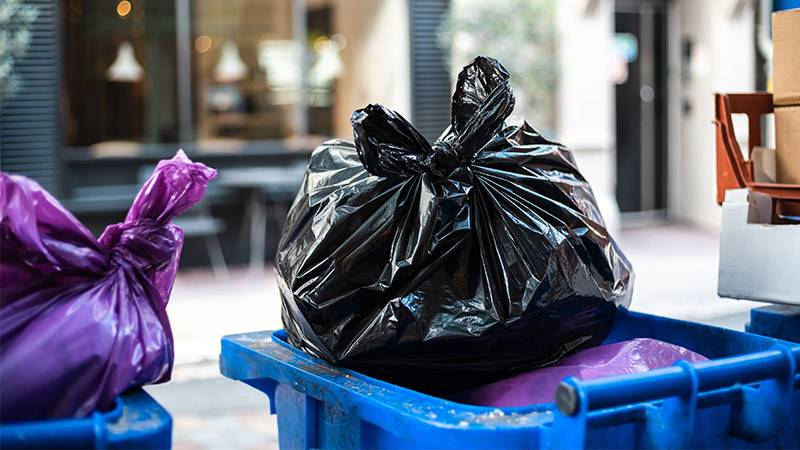In a significant move to address the escalating plastic pollution crisis, three Democratic members of Congress have presented the Break Free From Plastic Pollution Act of 2023. This ambitious legislation seeks to curtail plastic production and impose financial penalties on companies for their pollution contributions.
Representative Jared Huffman of California, Senator Ed Markey of Massachusetts, and lead author Senator Jeff Merkley of Oregon are the driving forces behind this bill. Huffman emphasized the bill’s focus on confronting the detrimental climate and environmental justice impacts of the burgeoning fossil fuel sector, particularly its increasing dependence on single-use plastics.
This legislative push comes at a time when fossil fuel companies, facing dwindling demand for fossil fuel-based energy sources, are shifting their focus to plastics. Predictions suggest that if left unchecked, these companies could triple global plastic production by 2060. The repercussions of this shift are already evident. Plastic waste is inundating marine environments, and microplastics are being discovered in remote locations, including mountain peaks and even within human bodies. Furthermore, the production of plastics releases greenhouse gases and pollutants that predominantly harm marginalized communities.
The Break Free 2023 bill is not the first of its kind. Earlier versions were introduced in 2020 and 2021. However, the 2023 iteration boasts enhanced protections, especially for communities residing near petrochemical plants. It also sets more rigorous targets for companies to cut down their plastic production and introduces stricter regulations against harmful chemicals in plastic products.
A cornerstone of the bill is the “extended producer responsibility” (EPR) policy. Under EPR, plastic manufacturers would be obligated to contribute membership fees to a central organization. This body would then be tasked with achieving goals related to post-consumer recycled content and source reduction. Additionally, the bill proposes bans on specific single-use plastic items, introduces a national beverage bottle recycling deposit system, and mandates an increase in recycled content in plastic bottles. It also calls for a temporary halt on the establishment or expansion of petrochemical facilities until a comprehensive federal health and environmental impact review is conducted.
Previous iterations of the legislation were introduced in 2020 and 2021, but this year’s version includes stronger protections for communities that live near petrochemical facilities, more stringent targets for companies to reduce their plastic production, and stricter regulations against toxic chemicals used in plastic products.
According to Grist, one of the standout features of the 2023 bill is its explicit source reduction targets. By 2032, plastic producers would need to cut their production by 25%, both in terms of weight and item count. By 2050, this reduction target jumps to 50%. The bill also aims to phase out certain harmful plastics and additives, such as polyvinyl chloride, known for its carcinogenic properties.
Incorporating environmental justice provisions from the Protecting Communities From Plastic Act introduced last December, Break Free 2023 mandates enhanced communication and outreach efforts by petrochemical companies wishing to establish new plastic production or chemical recycling facilities.
Despite its noble intentions, the bill’s journey through Congress is expected to be challenging. Anja Brandon from the Ocean Conservancy highlighted the unchanged composition of Congress as a potential roadblock. However, she also noted that elements of the bill could influence state and local policies or be spun off into separate federal bills.
The Plastics Industry Association, representing U.S. plastic companies, has voiced its concerns. They argue that the bill is less collaborative than its predecessors and could harm the American economy. They also claim that the bill could inadvertently increase greenhouse gas emissions since plastics, being lighter, require less fuel for transportation. Matt Seaholm, the association’s CEO, called for a more balanced approach to policy-making.
In response, Brandon invited the plastics industry to collaborate with the numerous organizations supporting the Break Free bill, emphasizing the need for these companies to be part of the solution.
More inspiring green news similar to this:


